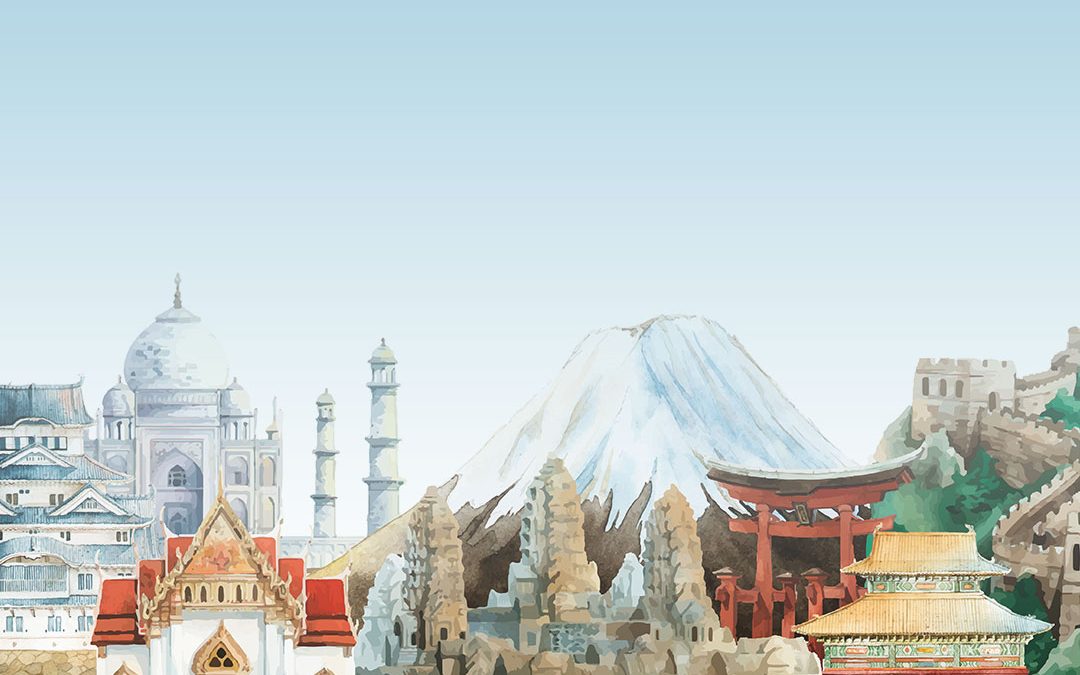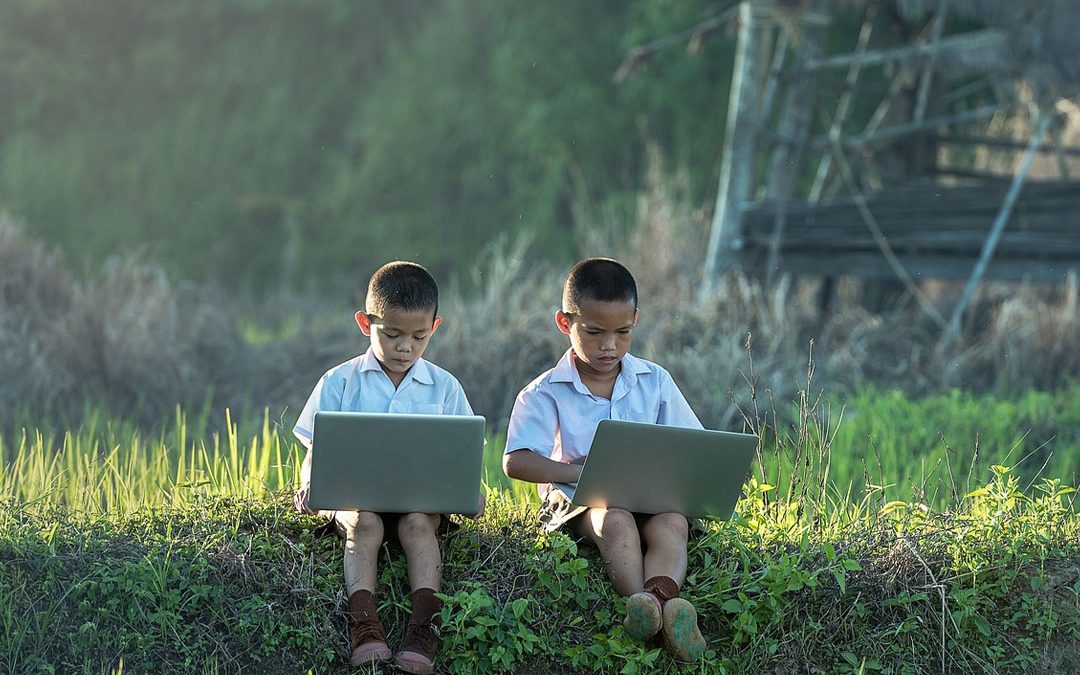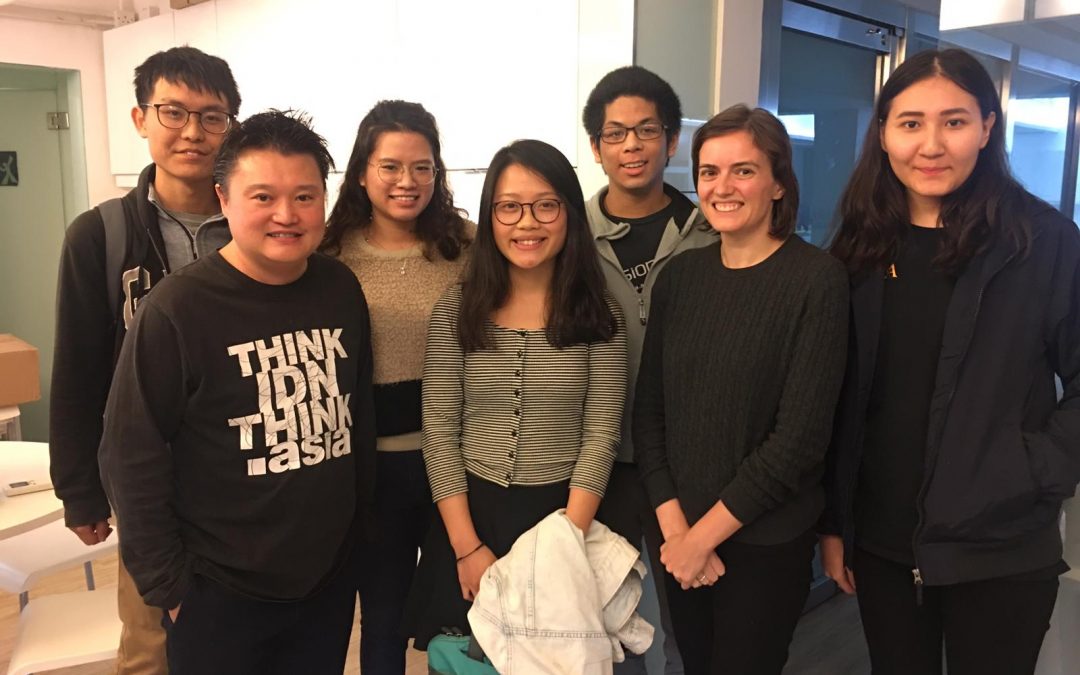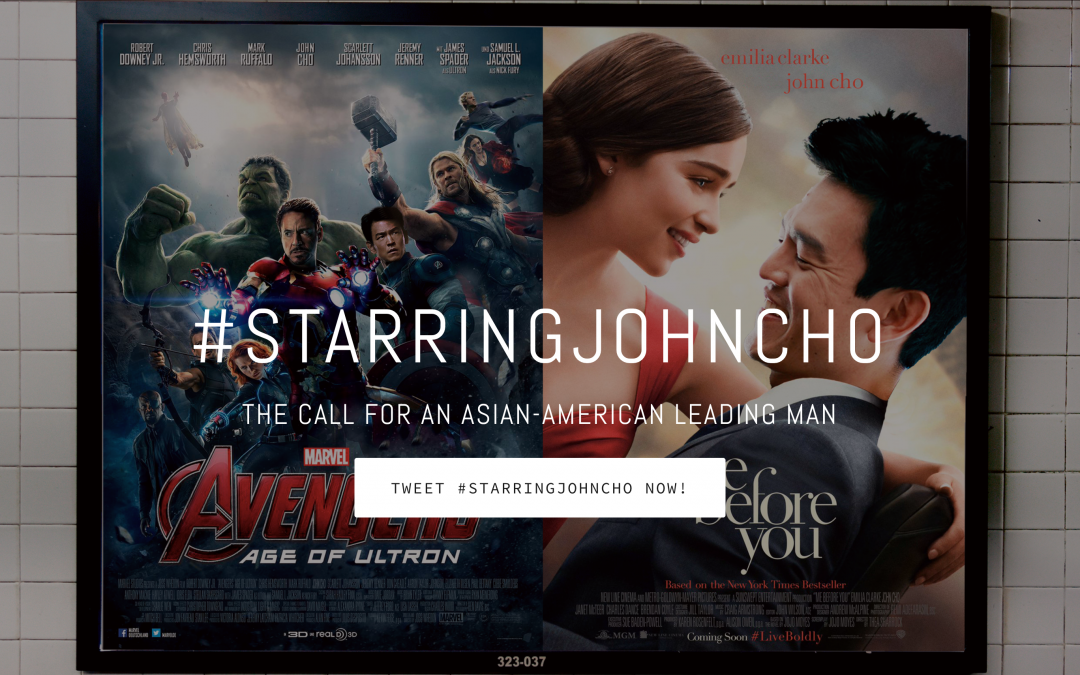June is LGBTQ+ Pride month in the U.S. and Canada. A month chosen to honour the Stonewall Riots, a tipping point for the Gay Liberation Movement in the United States. You can find out more on the Stonewall uprising by going to www.fridae.asia – Asia’s largest gay and lesbian portal.
While LGBTQ+ rights are still extremely limited in Asia compared to North America and Europe, Asia based LGBTQ+ communities are gaining momentum and support from local policy makers.
In May 2019, Taiwan became the first country in Asia to pass historic same-sex marriage bill. Thousands from the LGBTQ+ communities and their supporters came out to celebrate this landmark moment, a major step forward for LGBTQ+ community not just in Taiwan but also in Asia.
Two years earlier, a Germany-based rental housing website Nestpick conducted a survey of LGBTQ+ friendly cities around the world. Bangkok and Tokyo were ranked as Asia’s most LGBTQ+ friendly spots. The 2017 study covered 100 world cities in 80 countries, Bangkok came in at 61st place, followed by Tokyo at 70th, far down from the top three cities of Madrid, Amsterdam and Toronto.
Beijing, Shanghai and Hong Kong all ranked in the bottom twenty spots on the survey with Beijing placing last. Nevertheless, in recent years, public opinion regarding LGBTQ+ people in China has become more tolerant and accepting. 上海骄傲节 or Shanghai Pride celebrations is one of the largest and most prominent Pride festivals in China.
Interestingly, Beijing is home to the world’s largest gay dating app – Blued. Founded in 2012, Blued employs over 200 staff at its Beijing head office and has 27 million active users, most of them from China, followed by Southeast Asia.
One of the most prominent LGBTQ+ celebrations held in Southeast Asia takes place in Singapore. The Pink Dot Singapore event marks its eleventh year of celebrations this year. And yet, Singapore is one of the Asian countries that still criminalize sex between men. Other Southeast Asian countries that legally penalizes same-sex relations today include Malaysia, Brunei, Myanmar and some provinces in Indonesia.
India has only decriminalized homosexuality in 2018, a law that was introduced and put in place by the British during their rule. Recently, India‘s fastest sprinter, Dutee Chand openly admitted she is in a relationship with another woman. As the first openly
gay athlete, many see her as a trailblazer for LGBTQ rights in India. Chant is revered for her courage in coming out, but also condemned by her family and the local community for her decision to speak out.
In India, as it is in many communities in Asia, deep rooted beliefs such as the interests of the family having priority over those of the individual are very common. Especially for decisions concerning marriage.
Although Asia is home to rich cultural diversity and ethnic origins, there are many shared values and traditions throughout the region. Notions of honoring the family, respecting the elders and carrying on the family line are particularly strong beliefs held by Asian communities.
These value and beliefs hold true still even for Asian communities living overseas. The Asian American LGBTQ+ community, for instance, is incredibly diverse and yet many face similar challenges in their individual journeys to finding love and acceptance. A recent study showed that >80% of young Asian American and Pacific Islander LGBTQ+ youth said they cannot be themselves at home. Many are worries that by coming out they will disappoint, or be disrespectful to their parents.
As Pride Month celebrates love, individuality and equal rights of the LGBTQ+ community, on a personal level, perhaps the best thing we can do for our friends and family who are part of this Asian community is to appreciate them for who they are. And maybe sometimes that just means not treating them any differently.
This.Is.Asia Newsletter Issues
No Results Found
The page you requested could not be found. Try refining your search, or use the navigation above to locate the post.

.Asia 的一带一路丶一域中的
2019 年第四个月份,DotAsia 收到了中国工业和信息化部(MIIT)的好消息,.Asia 域名已获得中华人民共和国工业和信息化部(MIIT)的认证,.Asia 域名将再次在中国市场推出 。 中国是 .Asia 重要的服务市场,随着一带一路意味着互联互通,互相贸易丶互相分享,互相关爱,中华民族五千年文明史上从未如此跟世界紧密连接过,随着国际互联网增长迅速,...

Rise of E-Commerce in Asia creates plenty of opportunities
E-Commerce in Asia-Pacific is not showing any signs of slowing down. Over the past decade it has outpaced the global average and according to the Asia-Pacific B2C E-Commerce Market 2018 report, over 50% of global online retail sales stems from the Asia-Pacific region....

A new horizon as the NetMission Academy comes to a close
After a series of intensive training sessions our inaugural edition of the NetMission Academy now draws to a close. Many thanks to all of our guests, which included those from major private sector players such as Google and Afilias, community representatives of ISOC,...

How Some Are Finding Creative Ways To Encourage Asian Representation in Media
(Image credits: #StarringJohnCho images and movie mockups originate from http://starringjohncho.com/)With 2018 being a banner year for Asian representation in media, 2019 is gearing up to be a blockbuster sequel. Promoting inclusion and representation in mainstream...
